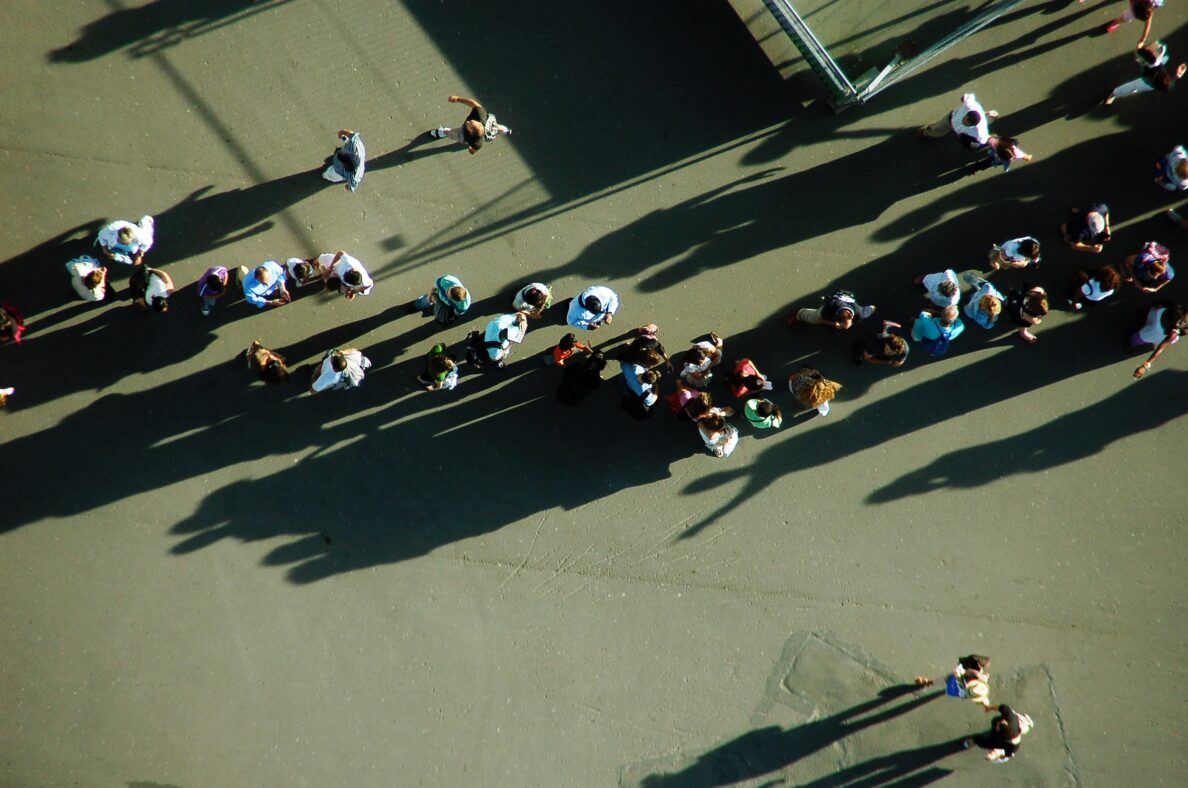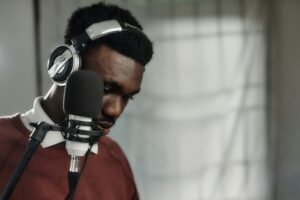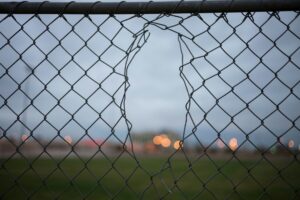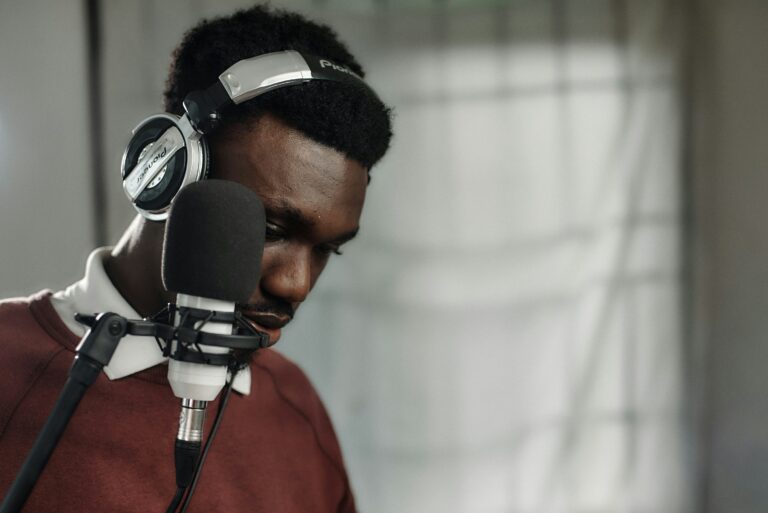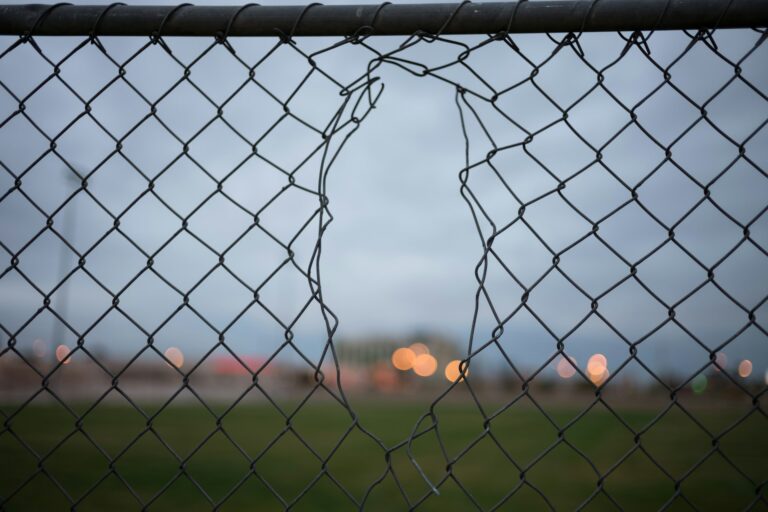Haiti has faced numerous challenges, including devastating earthquakes and political turmoil. Amidst all this, people like Obed stand out as an advocate for Haitian refugees and immigrants.
Obed is from Haiti and knows the dreams and hopes of his people. But there is a profound gap and challenge. Unlike Obed, where he gradually improved his use of English and became Chapter President of the Internet Society, his fellow Haitians as refugees and migrants struggle with many unexpected situations demanding English proficiency that has left them discouraged.
People in Haiti really want to use English to make their dreams come true. But learning words and vocabulary hasn’t been enough. After getting language education in schools, where do they get opportunities to practice the language for real-life situations as refugees and immigrants?
Research, particularly a notable publication by Dr. Stephen Krashen, emphasizes the importance of contextual learning. According to this research, when learners are exposed to real-world situations and content relevant to their daily lives—like job interviews, managing civic responsibilities, or navigating healthcare—they acquire the language more effectively.
Recognizing this need, the Kusala Institute has initiated a bold endeavor. One strategy of their mission is to build a content library so that refugees and immigrants can practice real-life situations in healthcare, citizenship, entry level jobs, and more. The content library is accessible through their partner, Latudio, offering a freely accessible app with interactivity to listen, type words, and practice speaking with an avatar.
Kusala Institute’s platform in partnership with Latudio is not just for Haitian refugees and migrants, but also for other populations also in the US, Europe, and Africa. With a multifaceted content approach, every real-world content interaction isn’t just a step towards language proficiency; it empowers refugees and migrants to “navigate, integrate and belong,” the heart of Kusala Institute’s mission. It’s what gives Obed hope for his fellow Haitians.
By rallying behind initiatives like those championed by the Kusala Institute, we aren’t merely embracing technological progress. We’re investing in stories, much like Obed’s, and in the dreams of an entire community. Every contribution, every gesture of support, reshapes futures, nurtures dreams, and builds bridges of hope and promise, paving avenues for meaningful integration and renewed destinies.
For those who understand the profound impact of language and connection, your support is vital. Your donation or virtually volunteering not only contributes to an initiative, it gives hope to countless aspirations and pathways to belong again. For transformative societal value, we invite you to contact us. Together, our acts of generosity in its many forms contributes to an inclusive future with refugees and migrants.

